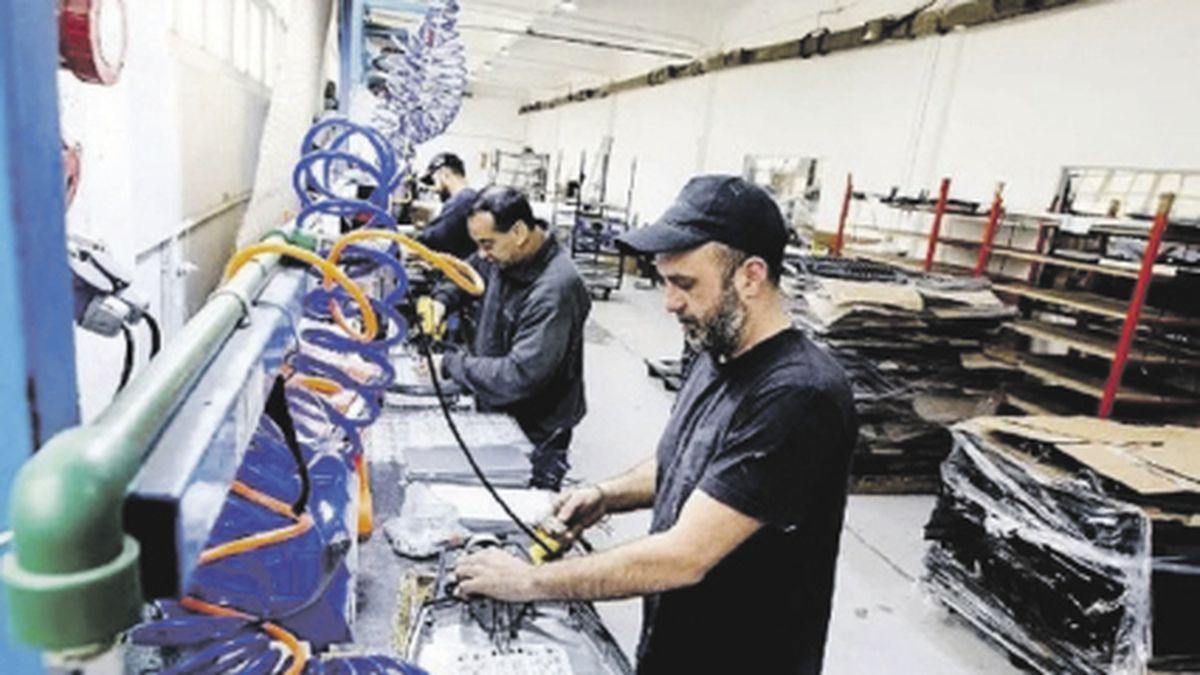Public policies play a fundamental role in shaping the productive environment, and it is imperative to analyze how these can affect the creation, development and growth of small and medium-sized businesses (SMEs). That is why the following points could harm this vital sector of the economy.
Excessive regulatory burden: Excessive regulations can impose a significant burden on SMEs, as they often lack the resources necessary to comply with complex and costly requirements. Excessive labor, environmental and tax regulations can hinder the flexibility and adaptability of SMEs, limiting their ability to compete with larger companies.
Barriers to entry: Some policies can establish significant barriers to the entry of new SMEs into the market. This can include complicated licensing requirements, high entry costs, and regulations that favor large, established companies. These barriers can stifle competition and limit opportunities for emerging entrepreneurs and entrepreneurs.
Unfavorable tax policy: An unfavorable tax system can be especially detrimental to SMEs. High tax rates and a complex tax structure can reduce the ability of these companies to reinvest and expand. Furthermore, the lack of specific tax incentives can discourage investment and job creation.
Limited access to financing: Policies that restrict SMEs’ access to financing sources can slow their growth. The lack of access to affordable credit and the absence of financial instruments adapted to our needs can make it difficult to invest in new technologies, expand the business and hire personnel.
Insufficient education and training: The lack of specific public business education and training programs can limit your ability to innovate and adopt advanced business practices. Investing in programs that encourage the development of business and technological skills is essential for the sustainable growth of SMEs.
Poor infrastructure: Public policies that neglect investment in basic infrastructure, such as transportation and information technologies, can negatively affect SMEs. Inadequate infrastructure can increase operational and logistics costs, hindering the efficiency and competitiveness of smaller companies compared to large corporations.
Lack of support for innovation: Public policies that do not encourage research and development, as well as the adoption of new technologies, can leave SMEs behind. Innovation is key to the survival and long-term growth of any company, and public policies must support these initiatives that facilitate investment in innovative processes and products.
Macroeconomic instability: Unstable economic policies, such as high inflation rates or currency fluctuations, can have a negative impact on SMEs. Economic uncertainty makes long-term planning difficult and can make small businesses more cautious about investing and hiring, limiting their ability to grow.
Lack of support for internationalization: Public policies that do not promote the internationalization of SMEs can limit their access to new markets and growth opportunities. Facilitating international trade and providing export support are key aspects of allowing our companies to expand their reach and diversify their operations.
Inequalities in access to government contracts: Policies that favor larger companies in the allocation of government contracts can harm SMEs. Equitable access to public procurement opportunities is essential to enable small businesses to participate in government projects and strengthen their market position.
Legal security and efficient judicial system: The lack of legal security and an inefficient judicial system can harm SMEs. Protracted legal disputes and uncertainty around contract enforcement can discourage small business investment and expansion.
Inflexible labor hiring policies: Overly rigid labor regulations can make recruiting and managing personnel difficult for SMEs. A proper balance between protecting workers’ rights and flexibility to adapt to changing market needs is essential for the sustainable growth of small businesses.
Lack of technical support and consulting programs: Public policies that do not provide access to technical support and consulting programs can limit the ability of SMEs to improve their internal processes, adopt best practices, and efficiently manage their operations.
Unfavorable foreign trade policies: The lack of policies that facilitate foreign trade, such as high tariffs or export barriers, can restrict the ability of SMEs to access international markets and compete in a globalized environment.
Lack of investment incentive programs: The absence of public policies that offer significant incentives for investment can discourage SMEs from making improvements in productivity, innovation and expansion. Specific tax and financial incentives can be effective instruments to stimulate economic growth through small businesses.
Monopoly policies and market concentration: The lack of antitrust or oligopoly regulations can lead to excessive concentration of power in the hands of a few large companies, making competition difficult for SMEs. Establishing policies that promote competition and prevent monopolistic practices is essential to ensure a fair business environment.
In conclusion, the design of public policies that support the development of SMEs must address a variety of areas, from the elimination of regulatory barriers to the promotion of innovation and access to international markets. A comprehensive approach is essential to create a business environment conducive to the sustainable growth of small and medium-sized businesses.
SME entrepreneur. Argentine SME Federal Confederation
Source: Ambito
David William is a talented author who has made a name for himself in the world of writing. He is a professional author who writes on a wide range of topics, from general interest to opinion news. David is currently working as a writer at 24 hours worlds where he brings his unique perspective and in-depth research to his articles, making them both informative and engaging.




